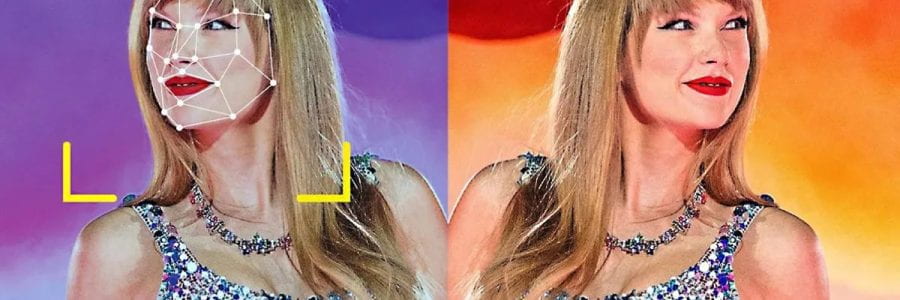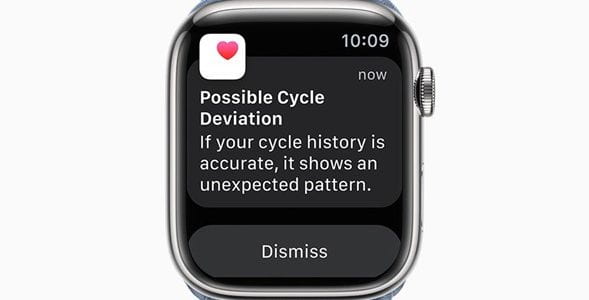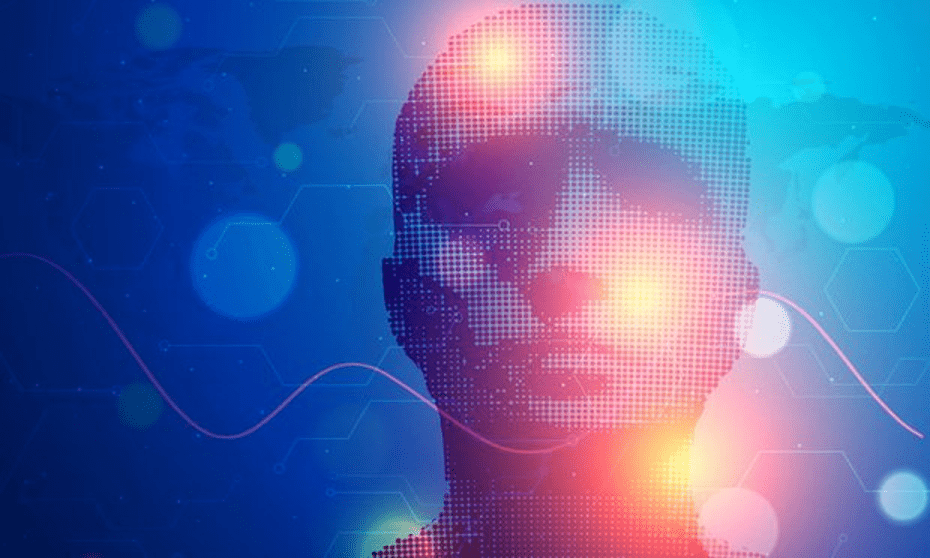Securing Our Homes, Surrendering Our Privacy: The Legal Risks of Smart Surveillance
By: Nicholas Tagg Over the last two decades, the prevalence and ease of use of home video security systems have exploded. These security systems have allowed people to surveil their homes better and more cheaply than ever. As of 2024, about 72% of homes have at least one type of security device. In addition, when… Read More Securing Our Homes, Surrendering Our Privacy: The Legal Risks of Smart Surveillance



















